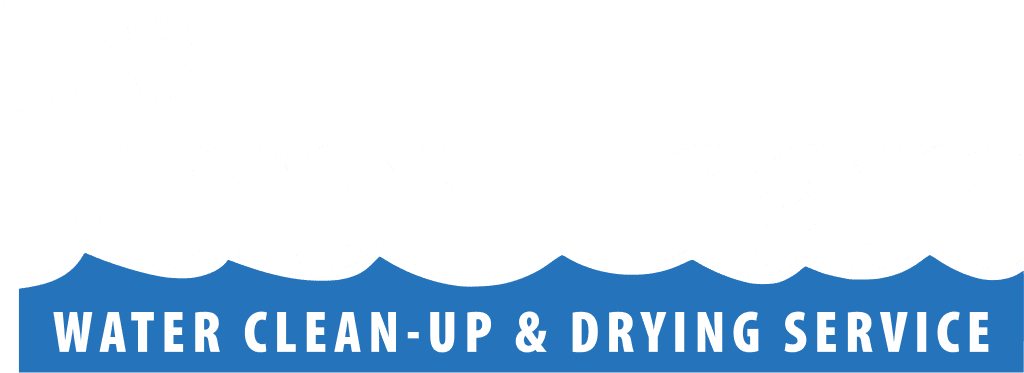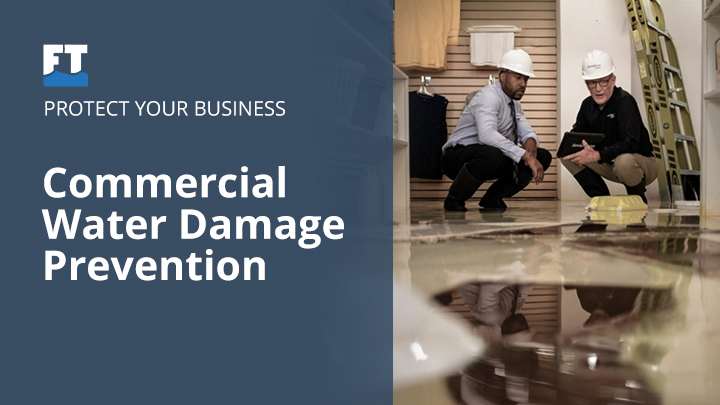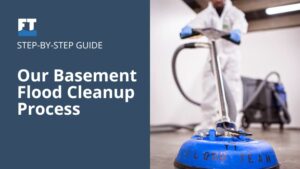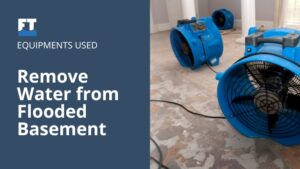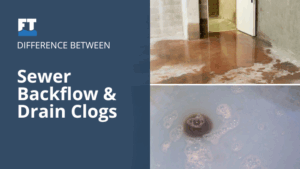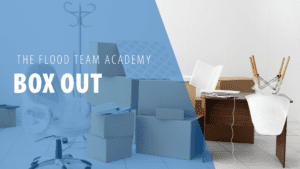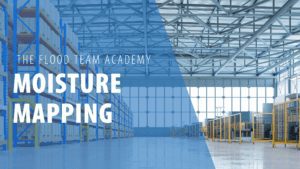Commercial water damage is a nightmare for any business. It can shut down operations, ruin inventory, and lead to expensive repairs. A small leak can turn into major damage if ignored, and unexpected floods can leave a building uninhabitable.
Commercial properties have unique challenges when dealing with water damage. Large buildings, complex plumbing systems, and heavy equipment all increase the risk. The good news? Most water damage is preventable. Let’s break down the top causes and the best ways to protect your property.
Common Causes of Commercial Water Damage
Plumbing Failures
Leaks and pipe bursts are among the biggest causes of water damage in commercial spaces. Old plumbing, corroded pipes, and faulty connections often require water damage restoration due to unexpected flooding. Some leaks start slow, hidden behind walls or under floors, making them hard to notice. By the time they’re discovered, significant damage has already occurred.
Cold temperatures also create problems. Pipes that aren’t insulated can freeze and burst, releasing gallons of water in minutes. If a business shuts down during holidays or weekends, a burst pipe can go unnoticed until serious damage is done, necessitating immediate water damage restoration.
Roof Leaks
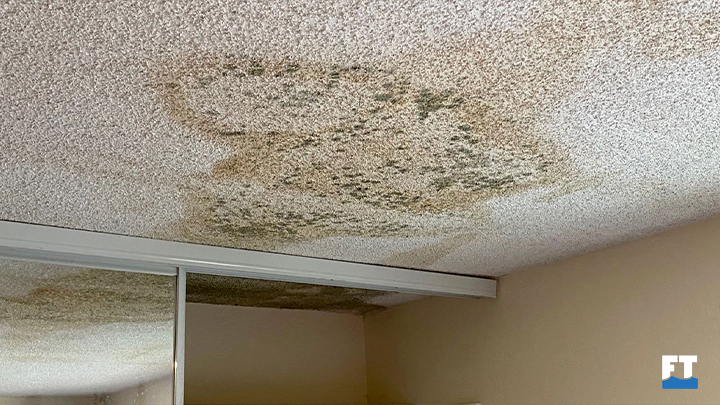
A damaged roof is a major risk, especially for large buildings. Heavy rain, snow, and debris can weaken roofing materials over time. Small cracks or missing shingles allow water to seep in, leading to stains, mold, and ceiling damage.
Flat roofs often face drainage problems, causing water to pool. If drains and gutters clog with leaves and dirt, water has nowhere to go and starts leaking into the building. Regular inspections help prevent this by catching small issues before they become costly repairs.
HVAC System Malfunctions
Heating, ventilation, and air conditioning (HVAC) systems regulate indoor temperatures, but they can also cause leaks. Condensation builds up in AC units, and if drain lines become clogged, water can overflow. A neglected system creates moisture problems that lead to mold growth and air quality issues.
Routine HVAC maintenance helps keep things running smoothly. Cleaning drain lines and checking for leaks prevents water damage while ensuring the system works efficiently.
Sewer Backups
Few things are worse than a sewage backup. Blocked sewer lines can push wastewater back into a building, creating a hazardous situation. Heavy rain can also overwhelm city sewer systems, forcing water back through drains.
Raw sewage contains bacteria and toxins that pose serious health risks. Cleanup requires professional help to remove contaminated water and sanitize affected areas. Preventing sewer backups involves regular inspections and installing backflow prevention devices.
Sprinkler System Issues
Fire sprinklers are essential for safety, but they can also cause water damage. Accidental activation, corrosion, and freezing pipes all increase the risk. If sprinklers go off unexpectedly, they can soak walls, furniture, and electronics in minutes.
Buildings with older sprinkler systems need routine checks to ensure pipes remain in good condition. If signs of rust or leaks appear, it’s time to schedule maintenance.
Appliance and Equipment Leaks
Many businesses rely on water-based equipment. Restaurants have dishwashers, laundromats use industrial washers, and office buildings have water coolers. If these appliances develop leaks, the surrounding floors and walls can suffer damage.
Water heaters are another common culprit. If a heater breaks down, it can spill a large amount of water into the space. Regular maintenance and replacing old appliances help prevent unexpected failures.
Natural Disasters and Severe Weather
Heavy rain, hurricanes, and flash floods can quickly overwhelm a building’s drainage system. Poorly sealed doors and windows allow water to seep inside, while snowmelt can lead to flooding in colder climates.
While natural disasters can’t be stopped, businesses can prepare by waterproofing buildings, installing flood barriers, and ensuring drainage systems work properly.
How to Prevent Commercial Water Damage
Regular Plumbing Inspections
Leaks start small but can cause significant damage if ignored. Routine plumbing checks help detect problems early. Businesses should have a licensed plumber inspect pipes, joints, and water lines at least once a year. Insulating pipes prevents freezing and bursting in cold weather. Any signs of rust or wear should be addressed immediately to avoid leaks.
Roof and Gutter Maintenance
Roof inspections help catch weak spots before they become major problems. Missing shingles, clogged gutters, and standing water are warning signs of potential leaks. Cleaning gutters regularly ensures water flows away from the building instead of pooling on the roof.
Maintain HVAC and Sprinkler Systems
HVAC systems need regular maintenance to prevent excess moisture buildup. Cleaning condensation lines and filters reduces the risk of leaks. Fire sprinklers should also be tested routinely to prevent accidental activation or system failures.
Sewer and Drain Cleaning
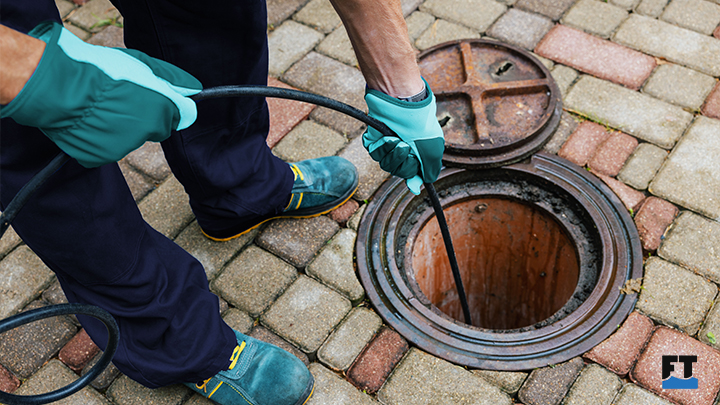
Keeping sewer lines clear prevents backups. Businesses should schedule professional drain cleaning and avoid flushing anything that could cause blockages. Backflow prevention devices help stop wastewater from reversing into the building.
Waterproofing and Sealing
Applying waterproof sealants to walls, basements, and foundation areas protects against moisture intrusion. Sealing gaps around windows and doors prevents leaks during heavy rain. Flood-prone buildings benefit from sump pumps and moisture barriers to keep water out.
Smart Water Detection Systems
Technology makes it easier to catch water leaks early. Installing water sensors in basements, mechanical rooms, and areas with plumbing prevents extensive damage. Some systems shut off the water supply automatically when leaks are detected.
Emergency Preparedness Plan
Having a response plan in place minimizes damage if water intrusion occurs. Employees should know how to shut off the water supply and whom to contact for emergencies. Partnering with commercial water damage cleanup companies ensure fast cleanup after an incident.
Protect Your Business from Commercial Water Damage
Don’t let water damage disrupt your operations. The Flood Team offers expert solutions, including inspections, maintenance, and commercial water damage restoration. Stay protected—contact us today to safeguard your property.
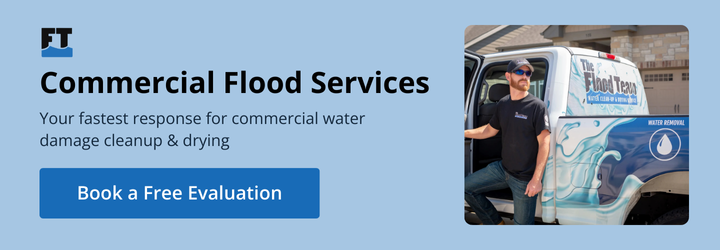
Final Thoughts
Water damage disrupts businesses, causes expensive repairs, and creates health risks. Leaks, plumbing failures, and natural disasters all threaten commercial properties, but prevention goes a long way. Regular inspections, waterproofing, and maintenance help keep buildings safe from unexpected damage. Investing in water detection systems and having an emergency plan in place can save thousands in repair costs. Whether it’s a small leak or a major flood, acting fast makes all the difference.
FAQs
What are the first steps after discovering water damage?
Shut off the water supply, remove standing water, and call a professional restoration service.
How often should plumbing systems be inspected?
At least once a year, with additional checks for older buildings or those with past water issues.
Can insurance cover commercial water damage?
Policies vary, but most cover sudden incidents like burst pipes. Flood insurance is needed for weather-related damage.
How can businesses prevent mold growth after water damage?
Dry affected areas within 24 to 48 hours using fans, dehumidifiers, and professional drying services.
What’s the best way to detect water leaks early?
Smart water sensors and regular inspections help catch leaks before they cause major damage.
